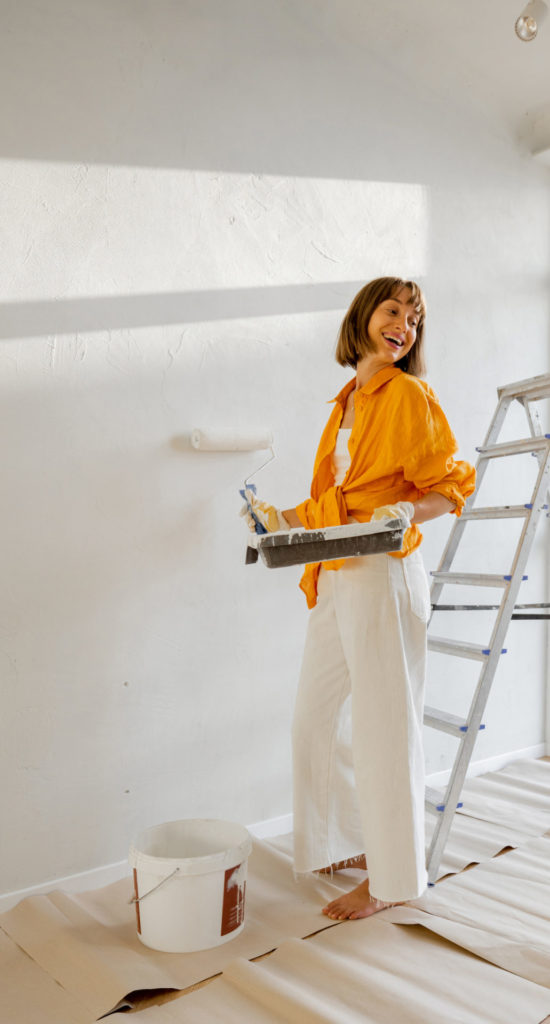At RESA HQ our team is asked questions from home stagers throughout North America on a daily basis, from where to get training, how to keep up with inventory, where to find clients, the best resources for contracts, and more! For our Ask The Experts Blog series we take some of these questions to experts in our industry to get their advice.
The RESA mission is for home staging to be an industry where high standards are well-established and practiced universally, and by sharing some tips from the experts we hope to help those in the staging industry be the most successful they can be.
A recent question was asked,”How viable is home staging in a small town? What is the best advice for growing a successful staging company
in a small town?”
Nedra is the owner of Effortless Charm Staging and specializes in Vacant Home Staging for those who want to showcase their property in a way that attracts potential buyers enough to actually purchase the home.

She is a Staging Design Professional™ as well as an Occupied Consultation Specialist™, which means that she is thoroughly trained in staging both vacant and occupied residential properties.
“One of the many opportunities we deal with as a community, is that we get to educate agents about what home staging is.”
Nedra Hines gives advice on growing your home staging business in a small town:

- Join a local real estate agent association as an affiliate member and attend events regularly. That way, you can get to know agents and other affiliate members and they can get to know you. They must know you, like you and trust you before they do business with you. It takes 7-20 touches before a person will remember or trust you enough to hire you.
- In networking with agents, be sure to get their business card and email address. Start sending out follow up emails about once a month with interesting facts and statistics about staging, success stories etc. Visit open houses and collect business cards. Upon introducing yourself, let them know you don’t want to intrude on their time with buyers but would like to meet up sometime. Grow your email list from collecting those business cards. Eventually after several contacts with them, they will start to think of
you as they need you. - Make sure you have a listing on Google, Yelp, and other local places. Post regularly on social media and post very specific pictures. Who are trying to attract? Horse farms? Homes with pools? Homes with no neighbors nearby? Log homes? You pick your target market and feature it often and add tags. It’s free, and it works wonders.
- Another great recommendation is to find homes that have been listed a long time (you can see that on Redfin or Zillow) and contact the agent to see if they would be interested in staging.
5. Last and certainly not least, be clear about what services you offer and why.

A tip from RESA®: Learn how you can teach the Staging to Sell, What Every Agent Should Know CE class to educate agents and be known as the local expert!
Together through the RESA executive team, RESA leadership, and the RESA Board of Directors, and our members, we have built a community of entrepreneurs and professionals that are stronger together. The RESA community supports, uplifts, and encourages one another to continue to grow as an industry. Together, RESA home stagers and affiliates are growing industry awareness and raising expectations.
If you have a question that you would like us to bring to the experts, submit it here.
Not a RESA® member yet? Click here to learn how to join and about the many benefits RESA® makes available to help advance the home staging industry!
- Messy Branding, Messy Business: Key Takeaways from Laurie Graham’s Webinar - February 24, 2025
- Key Takeaways from Holly Gosa’s Exclusive RESA® Webinar - January 8, 2025
- Ultimate 2025 Success Plan for Stagers: Insights from Marianne Cherico - December 28, 2024


